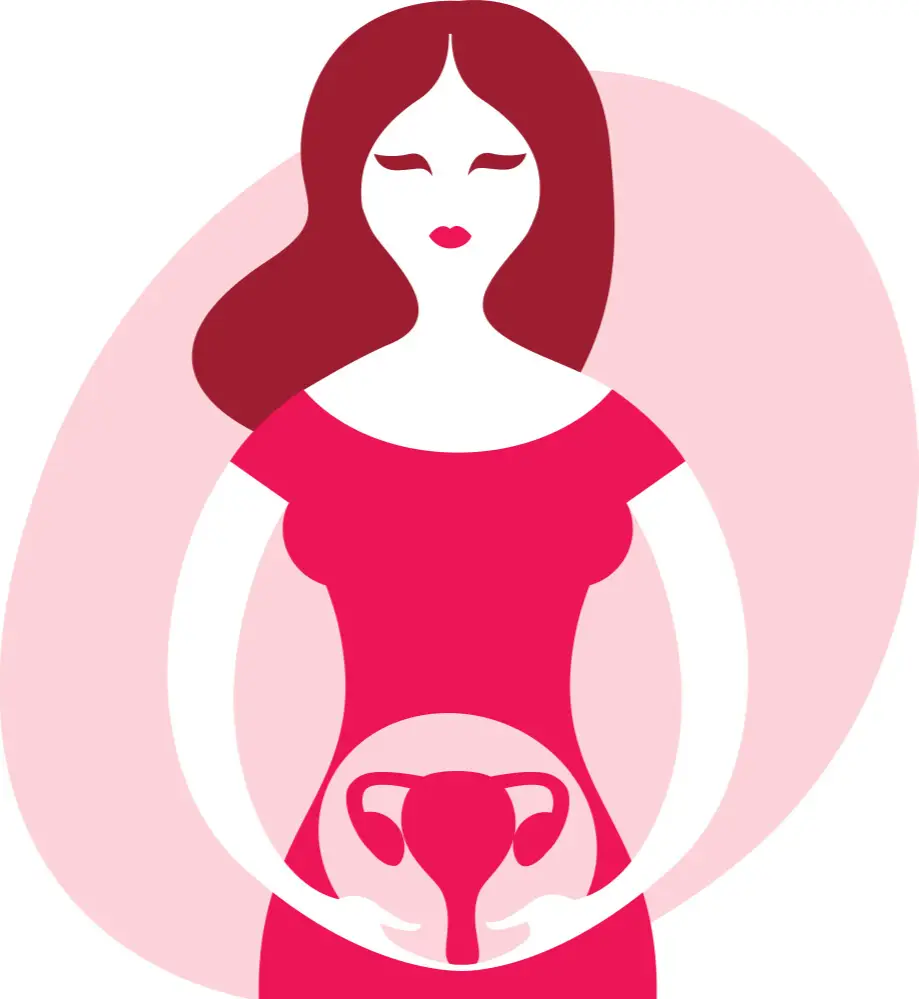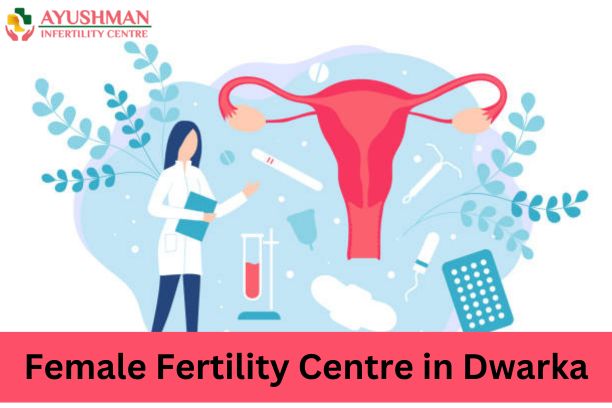What is female infertility?
Female infertility is the inability to conceive or carry a pregnancy despite having regular, unprotected intercourse for a year or more.
It is a multifaceted condition influenced by several factors, like age-related fertility decline, hormonal imbalances that disrupt ovulation, and medical conditions like PCOS, endometriosis, or fibroids. Habits including smoking, excessive alcohol consumption, and obesity can also play a role in female infertility. Damage to the fallopian tubes, thyroid disorders and genetic factors may be responsible.
Tests Conducted to Diagnose Female Infertility
diagnose the cause of female infertility. The process typically begins with a detailed medical history and a physical examination.
- Medical History & Physical Examination
The medical evaluation of your physical, menstrual, and reproductive history is done to diagnose female infertility.
- Transvaginal Ultrasound
A transvaginal Ultrasound scan is done to get a clear view of the uterus and ovaries to check for cysts, fibroids, or other abnormalities.
- Saline Infusion Sonography (SIS)
The shape of the uterine cavity is diagnosed to identify any irregularities. Sterile saline is introduced into the uterus during a 3D ultrasound.
- Hysterosalpingogram (HSG)
A hysterosalpingogram is an X-ray procedure done in the female uterus to check if the fallopian tubes are open or blocked.
What Female Infertility Treatments are provided at Ayushman Infertility Centre?
Female infertility can arise due to various factors, including ovulation problems,hormonal imbalances, blocked fallopian tubes,uterine fibroids, PCOD or poor lifestyle choices. However, there are treatments available to combat such issues. We provide the following female infertility treatments at Ayushman Infertility Centre:
- Ovulation Induction
In Ovulation induction fertility medications are given to release eggs in the female uterus. Ovulation induction is suggested to women with irregular or absent ovulation, such as in cases of PCOS or hormonal imbalances.
- Intrauterine Insemination (IUI)
In IUI, washed sperm is placed directly into the woman’s uterus around the time of ovulation to increase chances of egg fertilisation. It is used for mild male infertility or unexplained infertility. It is a more affordable option compared to IVF.
- In Vitro Fertilization (IVF)
In IVF mature eggs are retrieved from the ovaries and fertilized with sperm in a laboratory. Embryos are closely monitored and then transferred into the uterus to initiate pregnancy. IVF is often recommended for blocked fallopian tubes, severe male infertility, or when other treatments have not been successful.
- Laparoscopy and Hysteroscopy
Laparoscopy and Hysteroscopy are minimally invasive surgical procedures done to diagnose and treat structural problems of the female reproductive system. Surgeons treat conditions like endometriosis or tubal blockages by inserting a camera through small incisions in the abdomen.
- Donor Eggs or Sperm
In conditions of severe infertility issues in men and women like poor egg quality, premature ovarian failure, or severe male factor infertility, taking donor egg or sperm for fertility is a good option. This option offers hope to couples who are unable to conceive with their own genetic material.




